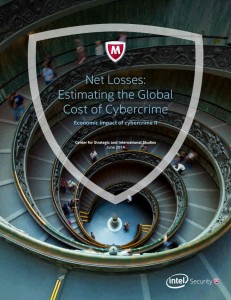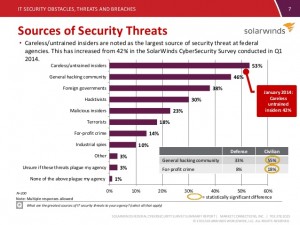Recent hearing on the Hill regarding Cyber Espionage and the Theft of U.S. Intellectual Property and Technology — mainly from China. Video below
Cyber espionage has obvious implications for national security, foreign relations, and the American economy. The Commission, which Senator Slade Gorton represents today, recently published a report on the theft of intellectual property and estimated that it costs the U.S. economy over $300 billion a year, which translates into roughly 2.1 million lost jobs.
To put this in perspective, the IP Commission found that the total cost of cyber theft was comparable to the amount of U.S. exports to Asia. General Keith Alexander, the director of the National Security Agency, called cyber crime, and the resulting loss of our intellectual property and technology to our competitors, “the greatest transfer of wealth in history.”–From the Opening Statement
Background Documents and Information:
Hearing Notice | Background Memo
Honorable Slade Gorton
- Former U.S. Senator from Washington State,
- Commission Member
- Commission on the Theft of American Intellectual Property
- Witness Testimony (Truth in Testimony and CV)
Dr. Larry M. Wortzel, Ph.D.
- Commissioner
- U.S.- China Economic and Security Review Commission
- Witness Testimony (Truth in Testimony and CV)
Mr. James A. Lewis
- Director and Senior Fellow, Technology and
- Public Policy Program
- Center for Strategic and International Studies
- Witness Testimony (Truth in Testimony and CV)
Ms. Susan Offutt
- Chief Economist, Applied Research and Methods
- Government Accountability Office
- Witness Testimony (Truth in Testimony and CV)
Confronting Chinese Cyber Espionage (Heritage Foundation)
The U.S. and China opened high-level security and economic discussions last week in Washington, and critical cybersecurity concerns are on the agenda.
The Administration’s diplomatic efforts on cybersecurity, however, have so far failed to deter aggressive Chinese cyber attacks against the U.S. public and private sectors.
Over the past year, several reports have been released that outline the scope and scale of Chinese hacking against the U.S. government and private-sector companies.
While this naming and shaming is the first step, more must be done to prevent the People’s Liberation Army (PLA) and other cyber entities from continuing their cyber attacks on the U.S.
Indeed, without any real pushback from the U.S., the Chinese have no incentive to change their bad cyber behavior, and politely asking them to stop is unlikely to be effective.
Larry M. Wortzel—an expert on the Chinese military, security, and politics—testified recently that military entities in China are using advanced cyber-technology to conduct large-scale cyber-espionage against the U.S.
The goal of these operations, he stated, is to gain strategic advantages and to infiltrate sensitive defense networks.
As recent cyber attacks on Nortel andLockheed Martin demonstrate, Beijing is able to take advantage of foreign information and innovation without the financial costs of research and development.
The ultimate goal for China, Wortzel testified, is to achieve the offensive capability to shut down U.S. ports and compromise critical infrastructure.
This is a genuine threat to national security, as China has already demonstrated this ability: In 2011, NASA revealed that Chinese hackers were able to gain “full functional control” over one of its critical mission systems. . . . (read more)












